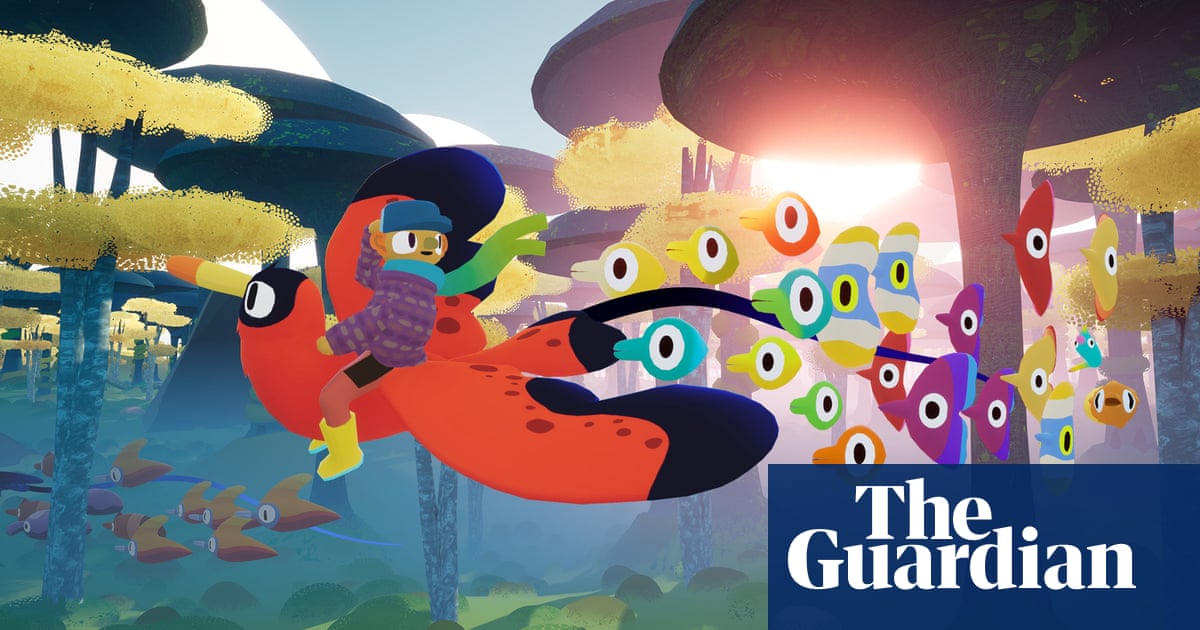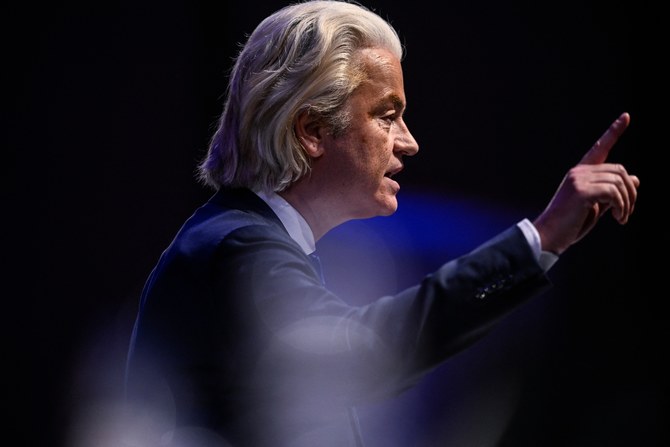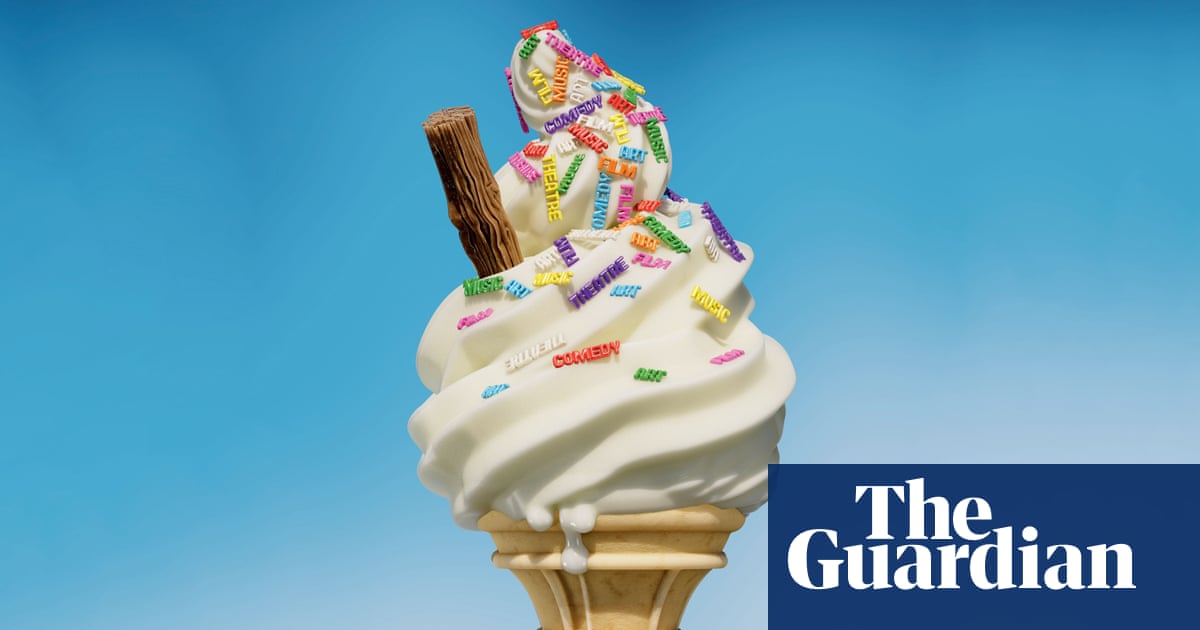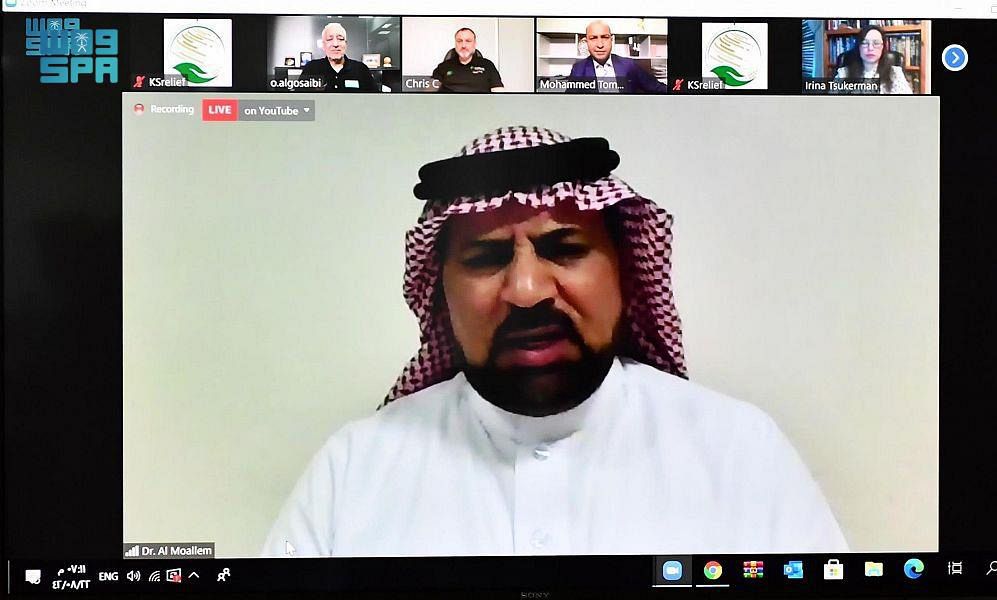
he moments that skier Matthias Giraud lives for are a blip on the screen, less than a fourth the length of a standard playback button. Again and again in Super Frenchie, a new documentary covering the career of the ebullient French ski base jumper, Giraud plunges down the peak of an otherwise barren mountain, sails off a cliff, front flips and parachutes away from certain death in a matter of seconds with the grace and seamlessness of a dancer.
The smooth brevity of Giraud’s stunts belies the many devastating risks of his chosen vocation, and the precision of his lines. Too slow a lift-off, and you may not have time to deploy the chute. Knocked off a line, and a ski could get tied in the chute. Gustier than expected winds, and you could blow straight into a rock wall at highway speeds.
All that risk, for two to three seconds of transcendence, a feeling of enhanced mental acuity and absolutely maxed perceptive ability Giraud described as “the highest state for what it feels like for my human potential”.
“It really feels like being able to maximize your existence,” he told the Guardian. “You almost have a feeling of omnipresence. You’re kinda aware of everything that’s around you, you see the ground rushing at you, you can even hear or feel the pins of the parachute opening on the backpack.”
Ski base jumping, pioneered in the late 90s, combines two extreme sports: steep, high-altitude alpine skiing and base jumping, the recreational sport of jumping from fixed objects and parachuting to the ground, an acronym for four types of launchpads – buildings, antennae (radio masts), spans (bridges) and earth (cliffs). Giraud, a lifelong skier, first got into base jumping after a move to the US in his early 20s. Combining the two seemed like the diabolical next step, a way to access pitched slopes made completely unavailable to the non-parachuted skier by their hundred-foot drop-offs.
“For me, it’s the apogee of life,” Giraud said of ski base jumping. “You have this heightened sense of accuracy while being completely serene at the same time. It’s not a strange combination – I think it’s the state that we all try to seek in life but we rarely experience. It’s really a pure moment of being.”
Super Frenchie traces over a decade of Giraud’s career, from his first ski base jump at Oregon’s Mount Hood to a near-fatal accident in 2012, just days before the birth of his son. Like Free Solo, the Oscar-winning documentary about climber Alex Honnold’s ropeless ascent of Yosemite’s El Capitan in 2017, Super Frenchie balances impressive footage of death-defying athletic feats with the anchors on the ground – the pull of family and loved ones both sustaining and straining against the compulsion for risk.
Giraud, who first met director Chase Ogden in 2007, when both were 24 and filming for a local outdoor sports show in Spokane, Washington, is charming and effervescent in intimate home footage throughout Super Frenchie, often unfailingly enthusiastic to the point of naive about the risks of extreme sports – “fear of death is not a valid excuse to give up on your dreams,” he says at one point in the film.
The film treads lightly on deeper motivations for Giraud’s seemingly pathological compulsion to attempt death-defying stunts, but suggests his vocation was in part an escape from issues at home, at least as a child in Évreux in Normandy. He describes his mother, who appears in the film, as “overbearing” and “manipulative”. He describes the suicide of his older sister when he was 18 as a shattering tragedy that pushed him deeper into activities flush with vitality – “her death made me more alive, in a way,” he says.
What starts as a collage of high-octane stunts turns into a story of comeback: in 2012, unexpected wind slammed Giraud into a rock wall seconds after he skied off Pointe d’Areu, near Mont Blanc, a collision captured by one of his cameras as it tumbles on to the boulders below. The collision shattered Giraud’s femur and knocked him unconscious; film from a helicopter observing the jump follows the parachute which carried his unconscious body to a field miles away.
Giraud was in a coma for three days with bleeding in his brain. Upon waking up, “right away I thought, ‘I want to go back and do this mountain,’” Giraud said. Super Frenchie’s second half captures the balance of recovery – a recommitment to a former goal – with fatherhood and time off with his wife, Joann Park Giraud, at their home in Bend, Oregon.
Six years later, Giraud successfully completed a euphoric ski base jump off the mountain that nearly killed him, after writing a letter to his son lest he not return home from the Alps. Though the jumps replayed in Super Frenchie – too many to count – are reliably faultless, desensitizing the viewer to the enormous stakes of the content, the preparation is more than justified in an extreme sporting world marred by consistent loss, regardless of experience. Giraud’s own mentor, the ski base pioneer Shane McConkey, died at 39 while attempting a wingsuit ski base jump in the Italian Dolomites in 2009.
The risks inherent to his chosen sport, ones barely skirted in 2012, often court the criticism that Giraud is selfish, unnecessarily brash with mortality, especially as a husband and father. His own mother lobs the critique in the film: “I’m not proud,” she says. “I respect what he does, but it’s also something which is rather selfish.”
It’s a charge Giraud frequently grapples with in the film, as he marries and becomes a father, and also ages from 24 into his late 30s. But at 37, he’s more sanguine about the pursuit of self-fulfillment as a definitional aim. “Let’s face it, you have to have a certain element of selfishness to self-actualize,” he said. “I’m always walking that edge between doing everything I can for my loved ones but also fulfilling myself as well as an individual and maximizing my own existence, because if you don’t do that yourself, who else is going to do it for you?”
“I personally don’t think what he does is selfish,” Ogden, the film’s director, told the Guardian. “It’s crucial to who he is, his identity as an individual, and I don’t think he would be able to be a good father and a good provider and those kind of things if he wasn’t living to his true self.”
Giraud’s capacity for risk-based adrenaline hasn’t waned – he’s gotten into big wave surfing, and has several ski base trips abroad planned now that Covid-19 restrictions are easing in many countries. “I don’t know how I’m ever going to stop jumping,” he said. “It would have to be if I truly don’t have a desire any more, or if I’m too beat up to keep going.”
The vast majority of viewers, of course, will not be skiing off a cliff anytime soon, or hopefully attempting to without the years of training and preparation Super Frenchie observes for nearly a decade. But Giraud hopes the takeaway is not so much adrenaline as stretching one’s personal capacity for what’s possible. “I don’t necessarily wish for anyone to jump off a cliff. That’s not the smartest thing to do,” he said with a laugh. “But I truly hope people feel empowered to live by their own standards.”
Super Frenchie is available to rent digitally in the US with a UK date to be announced












